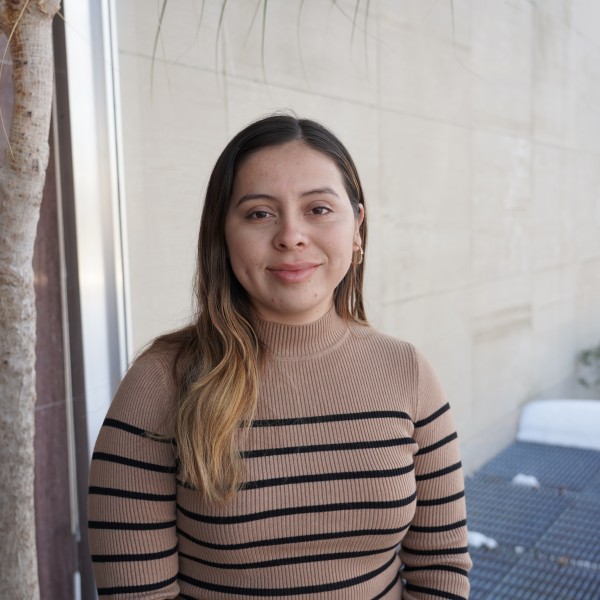Jasdeep Singh recently joined the Nutrient Management Spear Program (NMSP), a program within the animal science department, as a postdoctoral fellow. Since coming to Cornell, he has focused on facilitating Cornell University’s part in the Dairy Soil & Water Regeneration Project.
Get to know Jasdeep:
Background:
Jasdeep obtained his PhD from South Dakota State University, focusing on soil science. He conducted postdoctoral training at Texas A & M University and at the University of Illinois Urbana-Champaign.
What brought you to Cornell University?
I grew up on a family farm in India and completed my bachelor’s degree at a local university. I moved to the United States in 2017 to continue my education, focusing on soil sciences.
I had heard about NMSP a few times before from my colleagues, so when I heard there was a position opening up (when I was nearing the end of my term at the University of Illinois Urbana-Champaign), I said, ‘This is my chance!’ and seized the opportunity.
"I said ‘This is my chance!’ and seized the opportunity."
I joined NMSP as a postdoctoral research associate a few months ago.
Tell us about the project you’re working on…
One of the dairy industry’s environmental stewardship goals is to achieve greenhouse gas neutrality by 2050. The Dairy Soil & Water Regeneration project is an important part of that effort through what is called the Net Zero Initiative. Multiple institutes from top dairy production states, including Cornell University in New York, are collaborating to test different conservation practices.
What are you testing?
We are testing the impact of enhanced soil health management using different manure products, reduced tillage, and cover cropping on soil health and greenhouse gas emissions. We also have sensors for measuring soil water and temperature. The idea is to see whether solids and practices like reduced tillage (compared to conventional tillage) could lessen greenhouse gas emissions while maintaining or even increasing yield and climate resiliency.
Where are you conducting this research?
We have two locations, one in western New York and one in central New York, so keep an eye on those data collection efforts.
What are your primary responsibilities?
I’m leading this project, supervising data collection in the field and analysis in the lab. I act as a liaison between farmers and researchers. I also supervise and mentor interns during the summer.
What do you like about this project, what makes it unique?
My objective when I joined this lab was to work on projects that help farmers. So, the most interesting part that I enjoy is getting a chance to work with the farmers directly. We also do a lot of extension activities and I love participating in those. And of course, it’s Cornell University, one of the top-notch universities, and working with the Nutrient Management Spear Program is quite a pleasure for me.
Madeline Hanscom is a writer for the Nutrient Management Spear Program.
Keep Exploring

News
The new, high-resolution maps calculate global emissions from croplands by region, crop and source – enabling hyper-local mitigation.
- Ashley School of Global Development and the Environment
- Global Development Section
- Agriculture

Field Note
- Animal Science
- Agriculture
- Field Crops

We openly share valuable knowledge.
Sign up for more insights, discoveries and solutions.



